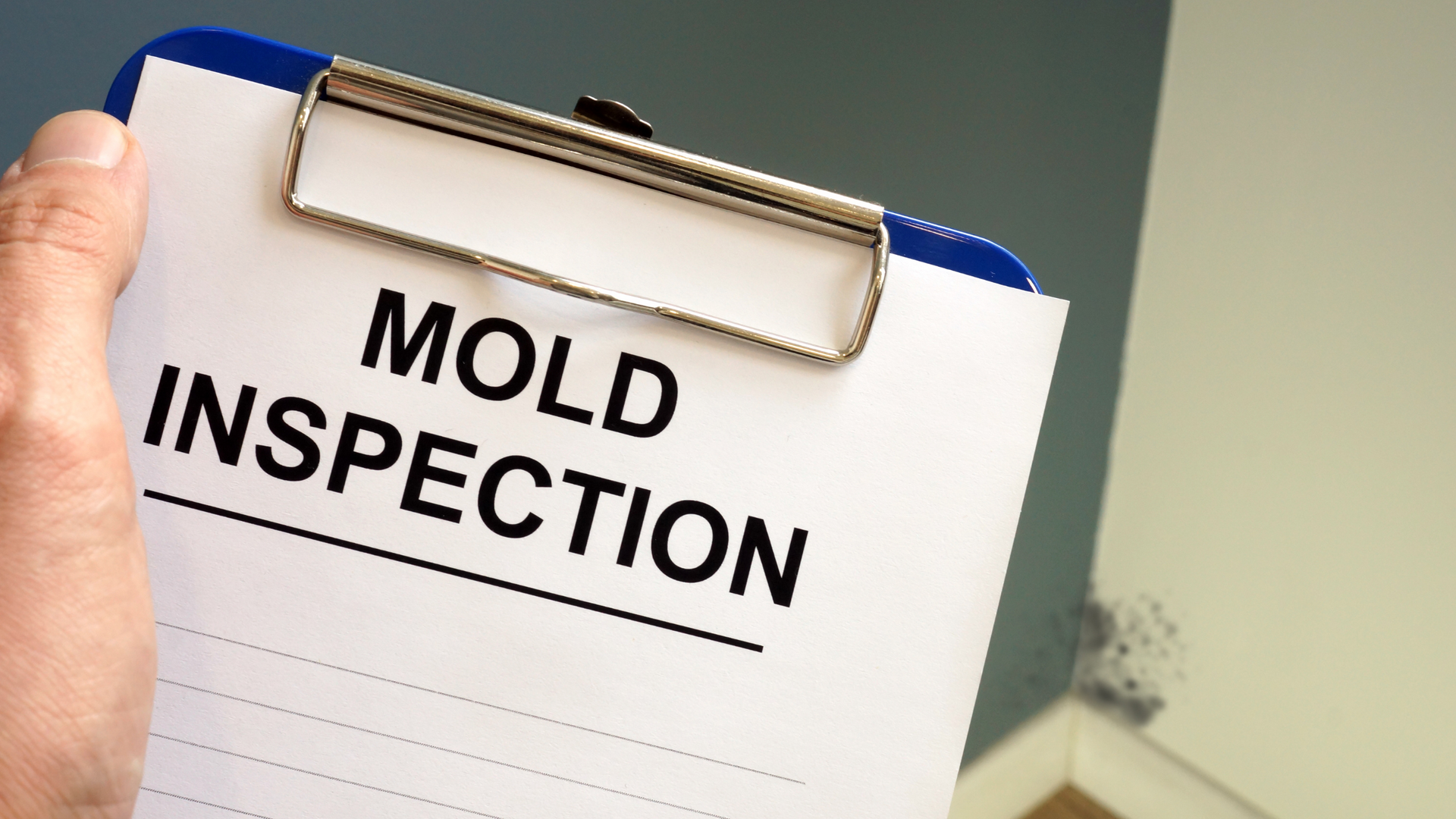|
BLOG
Korte and Associates
News
GET THE LEGAL ASSISTANCE YOU REQUIRE AT THIS MOMENT
|
When Your Landlord Ignores Mold Problems: Know Your Rights as a Florida Tenant

What to Do When Your Landlord Refuses to Fix Mold Problems
Discovering mold in your Florida rental can be alarming. Mold may threaten your health and, in some cases, violate your rights as a tenant under Florida law. If your landlord refuses to address the problem, it’s important to understand your options and take careful steps to protect your health and legal rights.
Health Risks
Mold exposure can cause respiratory problems, allergic reactions, and worsen asthma. Children, older adults, and people with weakened immune systems are especially vulnerable to prolonged exposure.
Landlord Responsibilities in Florida
Under Florida Statute §83.51, landlords must maintain rental properties in a “fit and habitable condition” and comply with applicable building, housing, and health codes. Significant mold problems that stem from a landlord’s failure to maintain the property (for example, unresolved leaks or structural issues) can fall within those obligations.
If you report mold in writing and the landlord fails to correct material violations of §83.51, Florida Statute §83.56 provides certain remedies for tenants — including the potential to terminate the lease after proper written notice and opportunity to cure. The exact application depends on the facts: severity of the mold, whether the premises are untenantable, lease terms, and local rules. For a detailed explanation, see our complete guide to breaking a lease due to mold in Florida.
Practical Steps to Protect Yourself
- Notify the landlord in writing. Describe the problem, include photos, and state what you want fixed. Keep a dated copy. Sending by certified mail or another verifiable method is recommended.
- Document everything. Take photos and videos, save texts and emails, keep repair receipts, and retain any medical records related to mold exposure.
- Avoid extreme measures without guidance. Don’t withhold rent, break the lease, or move out without first understanding the legal consequences.
- Request professional inspection. An independent inspection by a licensed professional can support your claims if the landlord refuses to act.
- Contact local authorities. Some counties and cities have housing or health regulations that provide resources or enforcement options.
Possible Legal Remedies
- Lease termination or rent reduction under §83.56 if the landlord materially fails to comply after written notice.
- Claims for damages such as property damage, medical expenses, or temporary housing costs if landlord negligence caused harm.
- Court action to obtain monetary damages or an order requiring proper remediation.
Important Note
The timelines and remedies available can vary depending on your lease, the severity of the problem, and local ordinances. Taking action without legal guidance — such as withholding rent or abandoning the property — can have legal consequences. Always consult with an experienced Florida tenant-rights attorney before taking major steps.
Protect Your Rights with Professional Legal Help
Mold-related disputes can be complex, involving landlord-tenant law, personal injury, and property damage claims. A Florida tenant-rights attorney can evaluate your situation, explain notice requirements, and help you pursue compensation if your landlord fails to act.
If you’re dealing with mold problems in your Florida rental and your landlord refuses to take action, contact Korte & Associates today for a consultation.


